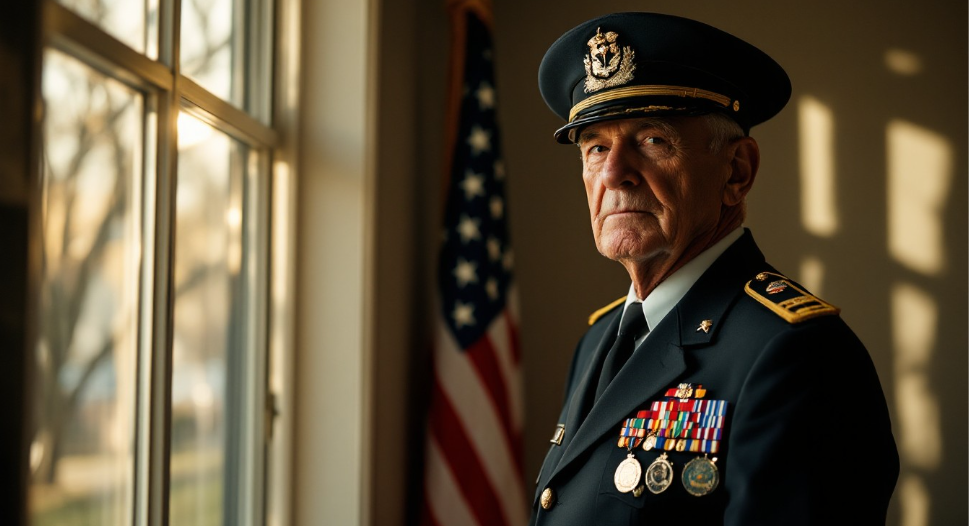At least 32% of U.S. mass shooters under age 60 are military veterans, raising questions about post-service mental health care and media silence.
A growing body of data suggests that military veterans account for at least 32% of mass shooters in the United States, despite representing a small fraction of the general population. The statistic, highlighted in a recent article by activist and author David Swanson, has reignited calls for targeted post-service psychological support and greater transparency in media reporting.
Recent Incidents
Two veterans — Thomas Jacob Sanford in Michigan and Nigel Max Edge, a decorated Marine, in North Carolina — allegedly committed mass shootings this past weekend, each reportedly killing at least three people. Edge is facing murder and assault charges after opening fire at a waterfront bar, injuring five others.
Statistical Breakdown
Swanson’s analysis, based on the Mother Jones mass shooting database, shows that 43 of 134 mass shooters under age 60 have military backgrounds — a rate over three times higher than their representation in the general male population.
This pattern has remained consistent over the past decade, with veteran involvement ranging between 31% and 36%. Yet, mainstream media outlets rarely mention veteran status, even when confirmed, prompting criticism over selective framing and lack of accountability.
Mental Health and Reintegration
Experts argue that the data points to a systemic gap in post-service psychological care, particularly for veterans exposed to combat trauma, moral injury, or institutional stress.
- Focused reintegration programs, including routine mental health screenings, community-based therapy, and early intervention, are seen as critical to reducing risk.
- The Department of Veterans Affairs has expanded services in recent years, but critics say access remains uneven and stigma persists.
Policy Implications
Advocates are urging Congress to:
- Fund comprehensive post-discharge mental health programs
- Mandate veteran status disclosure in federal crime databases
- Support research into the link between military training and violent behavior
While most veterans do not engage in violence, the disproportionate representation in mass shootings underscores the need for nuanced policy responses that balance public safety with veteran welfare and psychological needs.
Sources:
War Is A Crime – David Swanson
Yahoo News – North Carolina Shooting



